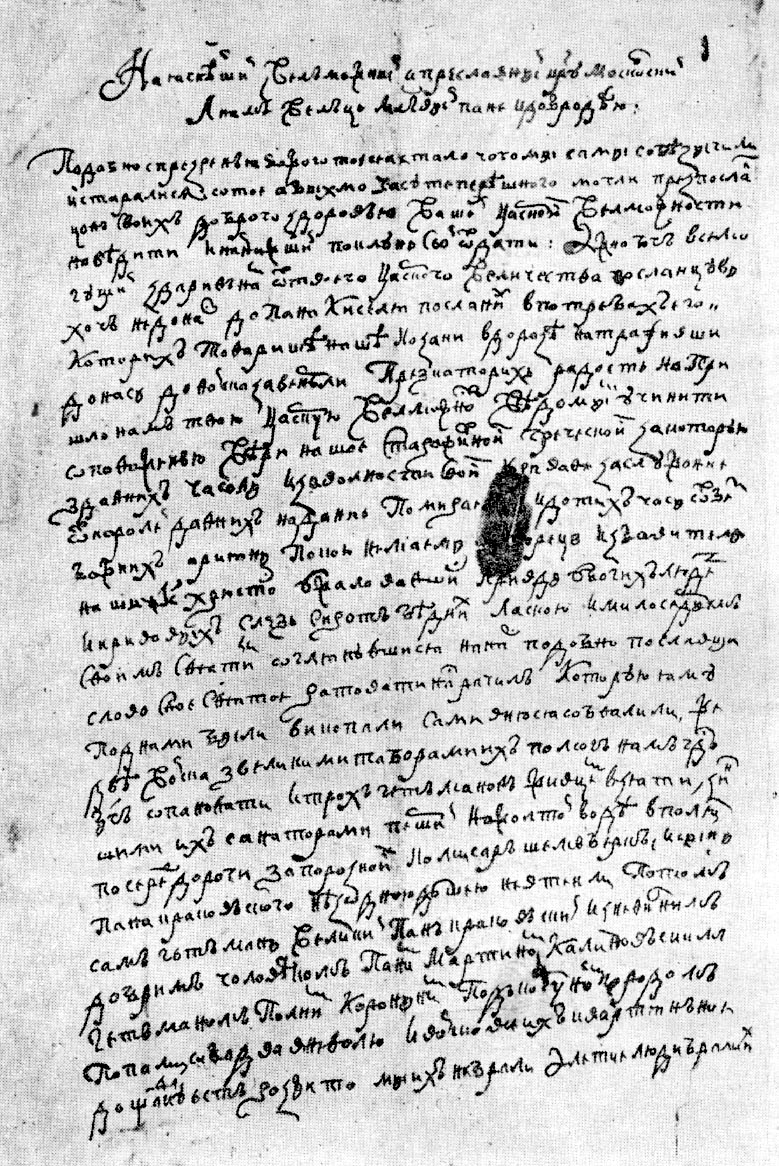у кого именно отх..ячила?george писал(а):Да отьюхячила РИ все эти территирии, потому и "ново", как и Сибирь кстати, причем у всех, в т.ч. и у китайцев, которые сейчас небось с удовольствием наблюдают за тем, как Россия создает сама себе головную боль на всю задницу, создавая в 21-м веке исторический прецедент возврата давно утерянных территорий, и потирают руки.Gadi писал(а):А почему собственно "РоссИя", но "НоворОссия"?
И еще, означает ли часть "Ново" тот факт, что этой "рОссии" раньше не было? Или была, но не "рОссия"?
http://en.wikipedia.org/wiki/Wild_Fields
The Wild Fields (Ukrainian: Дике Поле, Russian: Дикое Поле, Polish: Dzikie pole, Lithuanian: Dykra, Latin: Loca deserta, sive campi deserti inhabitati, also translated as "the Wilderness") is a historical term used in the Polish–Lithuanian documents of the 16th, 17th and 18th centuries[1] to refer to the Pontic steppe north of the Black Sea and Azov Sea. The somewhat ambiguous location has been usually defined as lying between the Don River on the east, Kiev on the north, and the left tributaries of the Dniester on the west. Until the 17th and 18th centuries, the region was only sparsely populated with nomadic Nogais and consisted mostly of unpopulated steppes, so the name of "wilderness" came to be applied to it.
...
By the 17th century, the eastern part of the Wild Fields had been settled by runaway peasants and serfs who made up the core of the Cossackdom.[2] It was during the Khmelnytsky Uprising that the northern part of this area was settled by the Cossacks from the Dnieper basin and came to be known as the Sloboda Ukraine. After a series of Russo-Turkish wars waged by Catherine the Great, the area formerly controlled by the Ottomans and the Crimeans was incorporated into the Russian Empire under the name of Novorossiya. In the 20th century, the region was divided between Ukraine, Moldova, and Russia.





